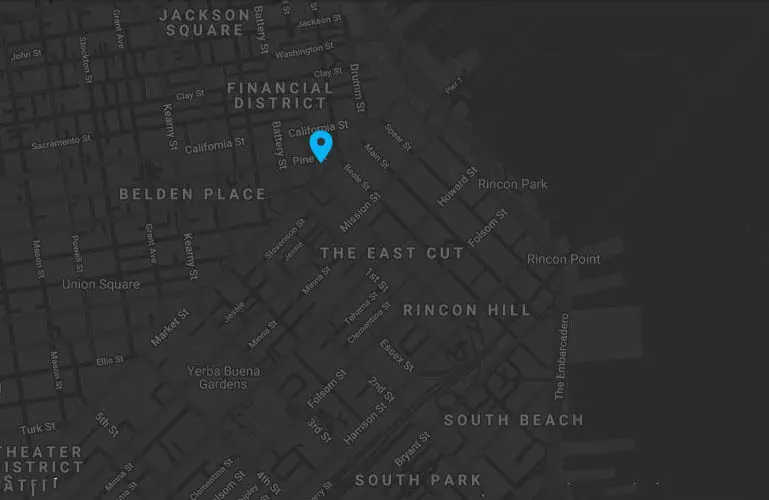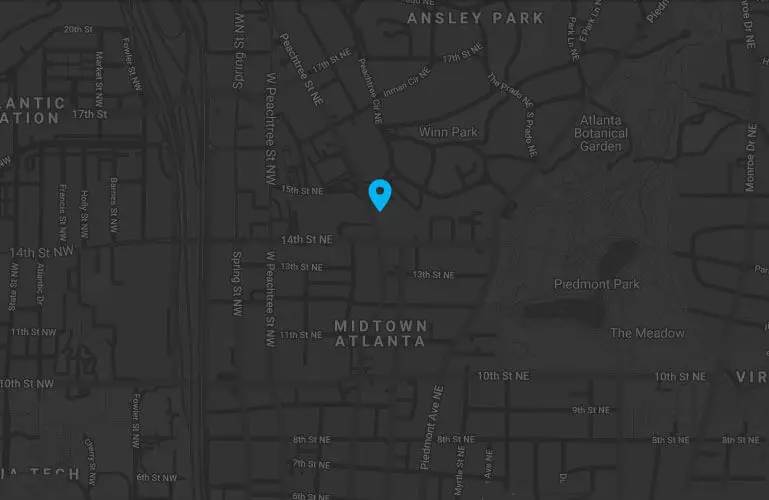Local SEO: Boost Your Website to Attract Local Customers and Dominate Your Town
In today’s digital age, where “near me” searches reign supreme, a strong local SEO presence is essential for any business with a physical location. Whether you’re a cozy coffee shop or a bustling law firm, optimizing your website for local search can bring more customers through your doors and help you dominate your local market.
This article is your comprehensive guide to boosting your local SEO with your website. We’ll cover everything from claiming your online listings to creating location-specific content, building backlinks, and utilizing the power of online reviews. By the end, you’ll have a clear roadmap to improve your local search visibility and attract more customers from your area.
Claiming Your Local Listings: Your Digital Storefront
Think of your local online listings as your digital storefronts, visible to potential customers searching for businesses like yours. The most crucial platform is Google My Business (GMB). Claiming and optimizing your GMB listing is essential for local SEO. Ensure your business name, address, phone number, website link, category, and description are accurate and up-to-date. Add high-quality photos and respond to reviews promptly. Remember to claim and optimize your listings on other relevant platforms like Apple Maps, Bing Places, and Yelp.
Location, Location, Location: Optimizing Your Local SEO
Your website acts as your online headquarters, so make sure it’s sending clear signals to search engines about your local presence.
- NAP Consistency: Ensure your business name, address, and phone number (NAP) are consistent across your website, listings, and other online directories. Inconsistency can confuse search engines and harm your ranking.
- Local Keywords: Integrate relevant local keywords throughout your website, including your city, neighborhood, and specific services you offer. Use long-tail keywords for targeted reach.
- Location Pages: Create dedicated pages for specific locations you serve, highlighting unique offerings and contact information for each branch.
- Schema Markup: Implement schema markup to provide structured data about your business to search engines, enhancing your search results.
Content is King, Especially Local Content:
High-quality, locally-focused content not only attracts users but also signals your relevance to search engines.
- Blog regularly: Create informative blog posts about local events, industry trends, or tips relevant to your audience. Optimize these posts with local keywords and link to relevant local businesses or organizations.
- Community Engagement: Showcase your involvement in the local community. Share testimonials from local customers, highlight sponsorships, or report on community events you participate in.
- Local News & Events: Partner with local media outlets to get featured in articles or sponsor local events. Include snippets of these features on your website and link back to the original source.
Building Backlinks: The Power of Local Authority
Backlinks are like votes of confidence from other websites, telling search engines your website is trustworthy and relevant. Focus on building high-quality backlinks from local websites like chambers of commerce, community blogs, or industry publications. Partner with complementary local businesses for guest blogging opportunities or directory listings.
Harness the Power of Reviews: Social Proof Matters
Online reviews are crucial for local SEO and building trust with potential customers. Encourage satisfied customers to leave positive reviews on platforms like Google My Business, Yelp, and industry-specific sites. Respond to all reviews, addressing concerns promptly and professionally. Negative reviews can be turned into opportunities by showing how you’re working to improve.
Mobile-First, Always:
Remember, a large portion of local searches happen on mobile devices. Ensure your website is mobile-friendly, with fast loading speeds and easy navigation. Use Google’s Mobile-Friendly Test to check your website’s mobile readiness and make necessary adjustments.
Tracking Your Local SEO Progress:
Monitor your local SEO performance using tools like Google Search Console and Google Analytics. Track your website traffic, keyword rankings, and engagement metrics to see what’s working and identify areas for improvement.
Beyond the Basics: Advanced Local SEO Strategies
Once you’ve mastered the basics, consider these advanced strategies:
- Local Video Marketing: Create engaging video content showcasing your business, team, or local initiatives. Optimize videos for local keywords and upload them to platforms like YouTube.
- Local Voice Search Optimization: Optimize your website content and GMB listing for voice search queries, using natural language and answering common local questions.
- Run Local PPC Ads: Consider targeted pay-per-click (PPC) campaigns on platforms like Google Ads to reach users searching for specific local services.
By implementing these strategies and consistently optimizing your website and online presence, you can boost your local SEO and reach more customers in your area. Remember, local SEO is an ongoing process, so stay updated on the latest trends and adapt your strategies. Contact Us today to schedule a free Local SEO consultation.


